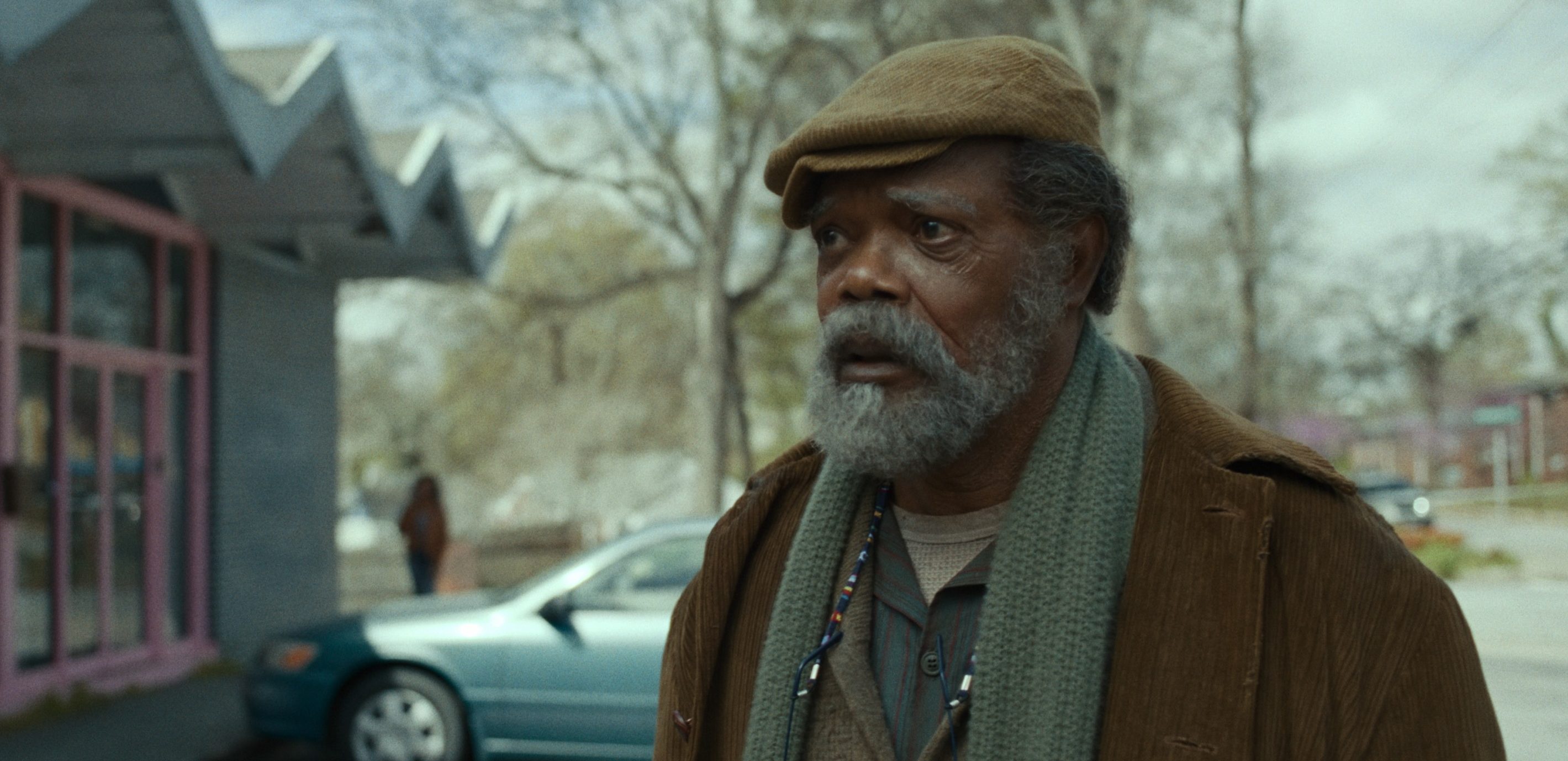Apple TV+’s drama series ‘The Last Days of Ptolemy Grey’ follows the 91-year-old Ptolemy Grey, who suffers from dementia. Grey leads a lonely life — isolated in his dust-filled apartment — barring occasional visits by his great-nephew Reggie to take him to hospital, bank, or a diner. When Reggie gets unexpectedly and mysteriously killed, Grey’s life becomes a tougher affair.
However, Grey regains his robustness when Robyn, the daughter of Grey’s niece’s best friend, becomes his new caretaker. As the limited series offers a realistic and relatable portrayal of old age and the events that ensue in Grey’s life, one must be wondering about the possible real-life connections of the show. Well, here’s everything you need to know about it!
Is The Last Days of Ptolemy Grey a True Story?
No, ‘The Last Days of Ptolemy Grey’ is not based on a true story. The miniseries is based on the eponymous novel written by Walter Mosley, who also chiefly wrote the show. The principal storylines of the series, which include Reggie’s murder, Grey’s relationship with Robyn, and Dr. Rubin’s dementia treatment, are fictional and were originally conceived by Mosley for the sake of the narrative of the novel. However, the author was highly inspired by his mother to conceive the character Grey. Like Grey, Mosley’s mother suffered from dementia, inspiring him to create the characteristics of the admirable character.

“What I saw in my mom’s eyes and in some of her expressions, was her saying, ‘I want to understand it; I want to understand what you’re saying; I want to enter into a dialogue with you; I want things to be the way they were.’ That’s the crux of the novel: What would you do to have things the way they were?” Mosley said to NPR. Grey’s desire to lead a life in which he can comprehend, communicate, and remember people and the affairs around him, like Mosley’s mother yearned, forms the foundation of the novel and the show.
Mosley conceived the aforementioned fictitious storylines to place Grey’s desire. He created Reggie’s murder and Coydog’s treasure as the motives behind Grey’s wish to regain his memory even if it meant risking his own life. The fictional treatment Dr. Rubin offers Grey for the latter to fulfill his desire and the companionship of Robyn are also pivotal elements of the narrative. Thus, Grey’s engrossing pursuit in the show is entirely fictitious and limited to Mosley’s novel and the show.
Still, ‘The Last Days of Ptolemy Grey’ is not a show that detaches itself from reality. The limited series addresses real-life concerns like the nonregulation of clinical trials, the helplessness suffered by individuals with dementia, and the social detachment suffered by older adults impeccably. The character Coydog represents numerous African-Americans who were lynched to death in the American South during the 19th and 20th centuries. These elements, with undeniable real-life connections, enhance the fictional narrative to make the show an authentic experience.

“I just hope the people can watch this [show] and say, ‘I know these people.’ That they watched something that’s familiar. That they understand the family dynamic,” said lead performer and executive producer Samuel L. Jackson when talking to Variety. The actor also stressed how the show appeals to African-American audiences. “I want them to see that their stories can be told; that things that are familiar to you are entertaining. People tell you they aren’t, but they are,” he added.
‘The Last Days of Ptolemy Grey’ is a relevant and engaging limited series that interacts with the reality of the viewers through its fiction. With a soul-stirring narrative and outstanding performances, the show succeeds in offering an honest tale about dementia, old age, and the African-American experience.
Read More: The Last Days of Ptolemy Grey Episode 1 and 2 Recap and Ending, Explained


You must be logged in to post a comment.